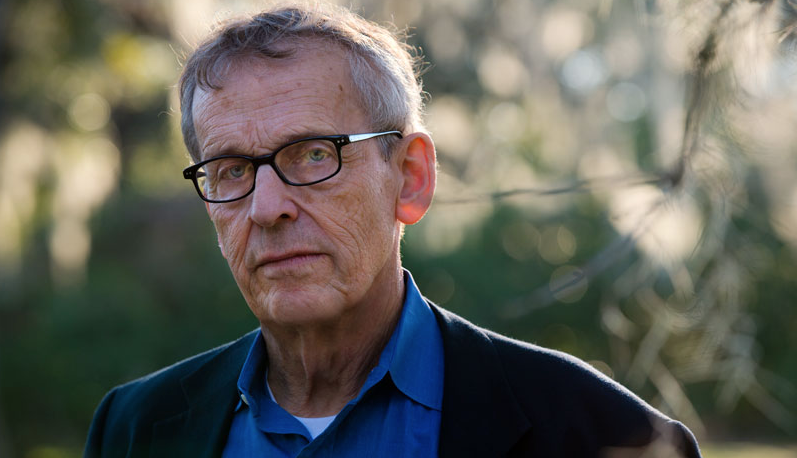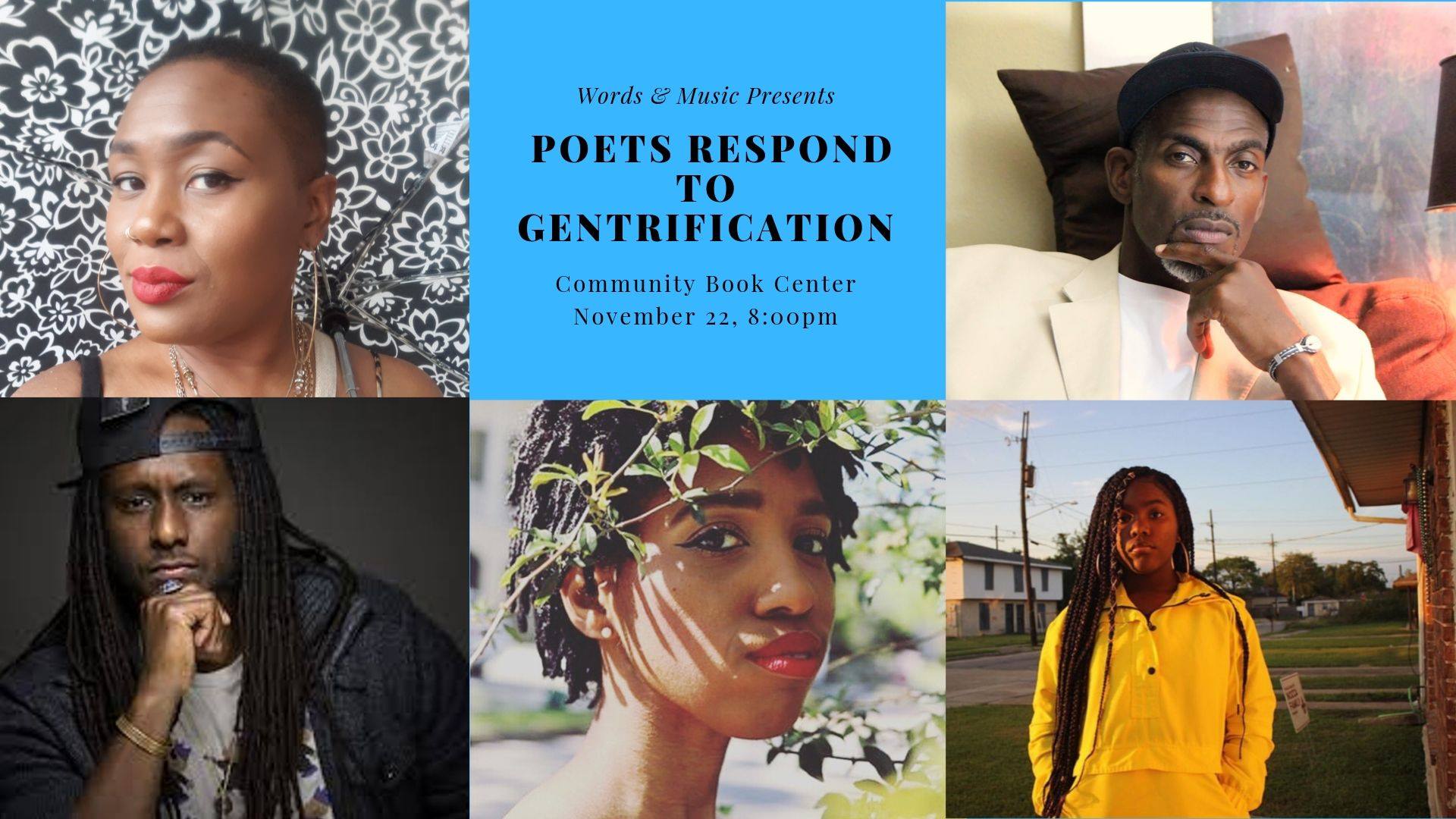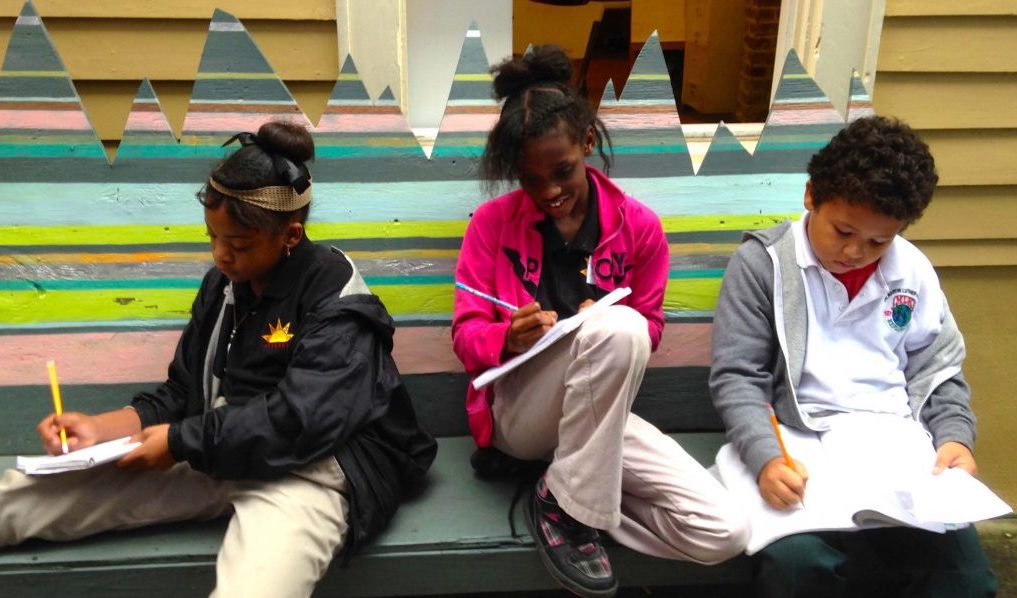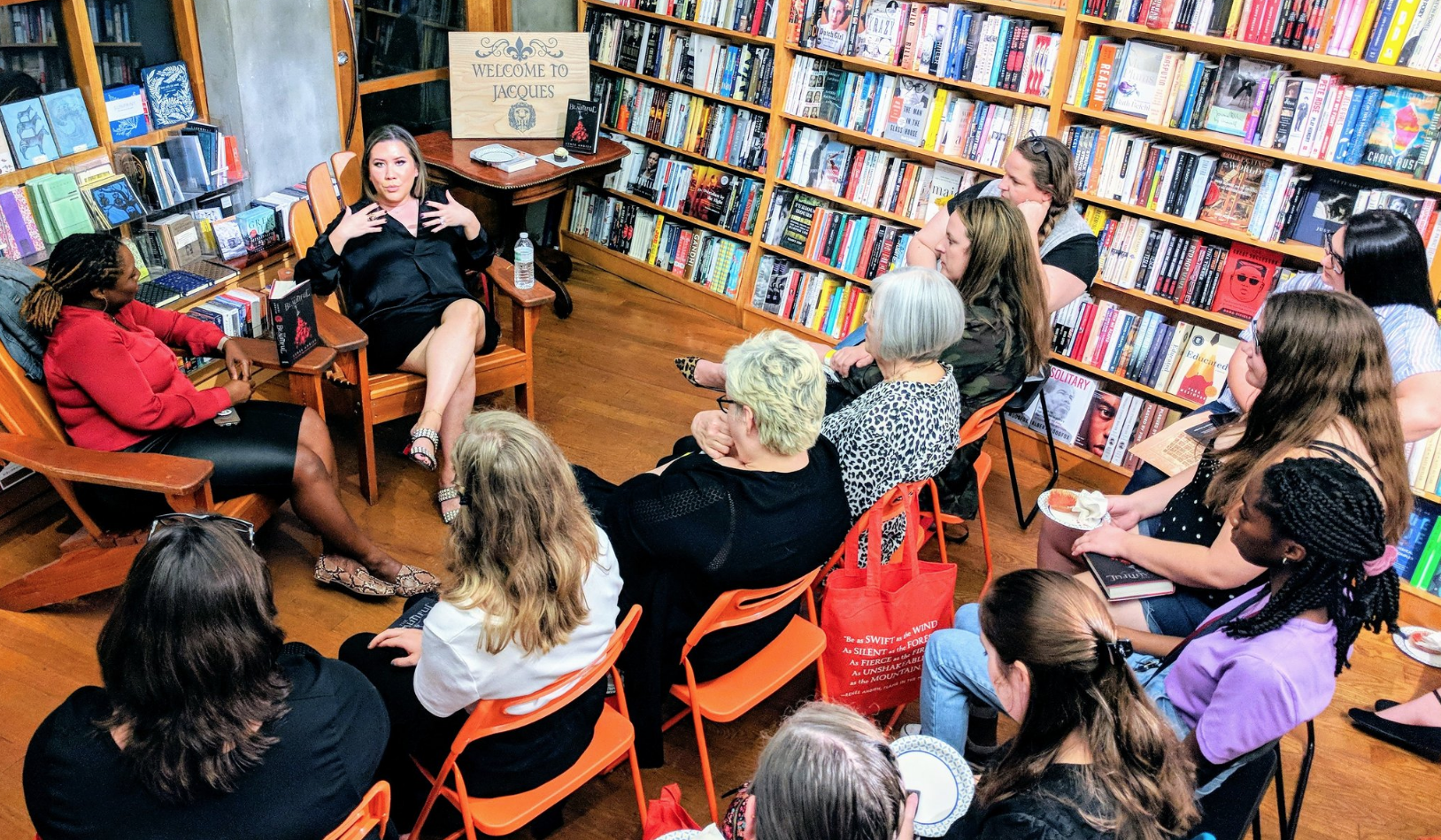Last November, I spoke with poet Peter Cooley following the International Poetry Reading cosponsored by Poets & Writers at Tulane University. Cooley, professor emeritus of English at Tulane University and the former poet laureate of Louisiana, is the author of ten books of poetry, most recently World Without Finishing (Carnegie Mellon University Press, 2018). We talked about the passing of his dear wife and laughed about advice his daughters recently gave him about the dating world. Here’s a short Q&A that extends our conversation.
As professor emeritus of English at Tulane, what do you look for in the writing of MFA applicants?
The ability to see life a little differently, from a new angle, and the possession of a facility with language.
How have creative writing programs changed since you were a student at the Iowa Writers’ Workshop?
There are, happily, many different kinds of MFA programs now, from the studio model like the Iowa Writers’ Workshop, to the more structured programs like the University of Arkansas. They are all over the country. And there are low-residency programs, similar to Warren Wilson College’s MFA program.
Recently, you spoke to me about becoming a widower and the advice your daughters have given you about dating. How has this experience impacted your writing?
I am finishing a whole book about grief and being a widower. My wife died on March 15, 2018. I thought I couldn’t write about this, which meant I needed to write it.
As a former poet laureate of Louisiana what advice can you offer for writers?
My advice to writers is the old advice: read, read, read, revise, revise, revise. Find a couple of people whose opinion you respect and show your stuff to them with the hope of receiving criticism. Be prepared for continuous rejection in sending your work out and remember that some of the most famous works have been rejected countless times.
You told me you’ve subscribed to Poets & Writers Magazine for years. What do you like most about the magazine?
I have subscribed to Poets & Writers Magazine for as long as I can remember. I enjoy the feature articles, the news of new writers, and the classifieds. I also like the layouts and photographs of writers.









